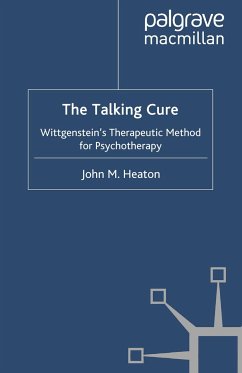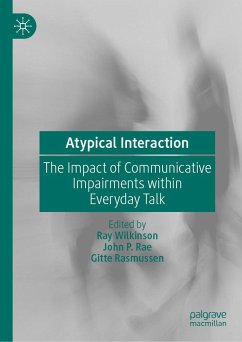
The Complex Mind (eBook, PDF)
An Interdisciplinary Approach
Versandkostenfrei!
Sofort per Download lieferbar
72,95 €
inkl. MwSt.
Weitere Ausgaben:

PAYBACK Punkte
36 °P sammeln!
Combining the study of animal minds, artificial minds, and human evolution, this book examine the advances made by comparative psychologists in explaining the intelligent behaviour of primates, the design of artificial autonomous systems and the cognitive products of language evolution.
Dieser Download kann aus rechtlichen Gründen nur mit Rechnungsadresse in A, B, BG, CY, CZ, D, DK, EW, E, FIN, F, GR, HR, H, IRL, I, LT, L, LR, M, NL, PL, P, R, S, SLO, SK ausgeliefert werden.












